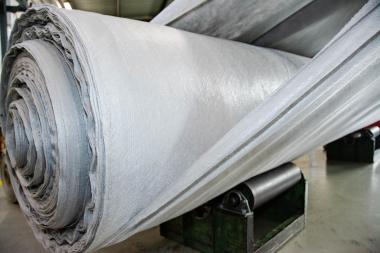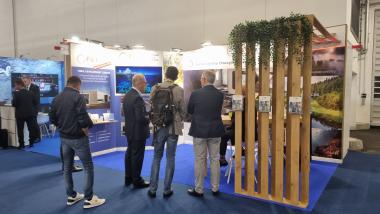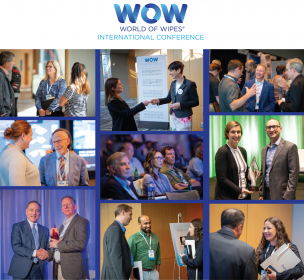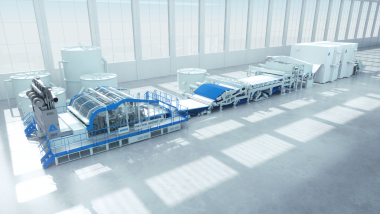ANDRITZ recycling line for agricultural plastic waste nets
RecyOuest, France, has successfully started up the world's first recycling line for agricultural plastic waste nets at its mill in Argentan. The innovative recycling line featuring a unique dry-cleaning system was delivered, installed and commissioned by the international technology group ANDRITZ in August 2022.
RecyOuest, based in Argentan, France, is a green economy company that handles the recycling contaminated filamentary thermoplastics such as round bale nets and twines. With its recycling process, RecyOuest is part of a circular economy approach.
The ANDRITZ recycling line can process up to 8,000 tons of waste and produce recycling fibers for nonwoven applications and also for pellets made of waste from agricultural single-use plastic nets and twines. These pellets are then returned to the plastics industry by mixing both recycled and virgin raw materials, thus reducing the amount of virgin plastic used.
This line, inspired by the techniques from textile wastes recycling, is equipped with a unique mechanical dry-cleaning system that allows resource savings by avoiding the use of water and chemicals. This state-of-the-art ANDRITZ equipment allows RecyOuest to produce recycling fibers for nonwoven applications and also pellets for ever new eco-designed nets and twines for the agricultural sector, with the lowest possible environmental impact.
ANDRITZ AG






























